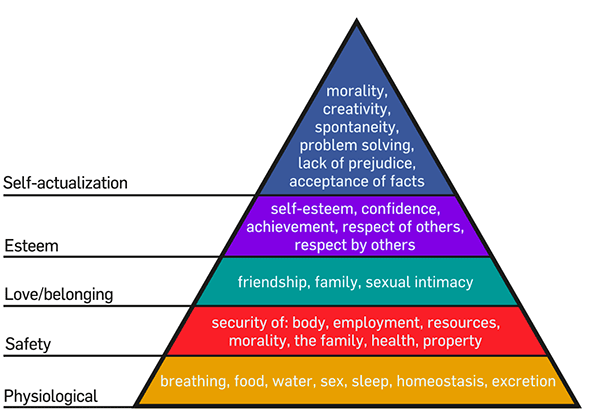As you might know, anxiety can be inextricably connected to grief and is considered a normal part of the grieving process. For some, it can become a constant companion in the grieving process. What is anxiety? Basically, it’s feeling a sense of worry, nervousness, unease and excessive apprehension. Honestly, it can just feel plain terrifying and awful, as though you’re going crazy…
Posts by Susan Rowen, M.A., MFT
Disenfranchised Grief
Have you ever experienced a loss so heartbreaking and no one was there to console you, to hold you, to hear you, to listen to your story, to cry with you, to help mend your broken heart? There was no Rabbi or Pastor to turn to, no group to give you a safe and non-judgmental place to mourn your loss, to heal your broken heart. This is what Disenfranchised Grief looks like. You feel utterly alone and silenced.
It can be 20 days or 20 years since your parent(s) has died and still there is a painful nostalgia that accompanies thoughts and reflections on our lives when our parent(s) was alive. Whether you perceived your parent as a loving parent or an unloving parent, this remains true. In one way or another we register the uniqueness of our relationship with…
Are you grieving a parent you considered unloving, not present or abusive? You may wonder, “Why do I feel so grief-stricken?” You may not have felt loved nor feel like you loved your parent. You may not have experienced “unconditional love” and wonder, “ Why am I so sad? Why am I so anxious and confused? Do I really care?” Perhaps, more…
HOPE Connection facilitates Parent Loss Groups as well as Spousal Loss Groups. People who have a parent who has recently died often have questions about grieving the loss of a parent. They wonder if a Support Group is beneficial. The following Q&As may be helpful as you grieve the loss of a parent or as you consider joining a Parental Loss Support…
Losing a parent can be one of the most traumatic events that an adult will go through. It can also present a rare opportunity for potent changes in life. When we lose a parent one of the ways we heal is by finding benefits and gifts that come out of a traumatic loss and the healing process. Often, this requires that we…
When your spouse dies, there is a process that you go through — your very own individual process. As painful as that process is, it also presents you with the chance to walk down a perhaps wholly unanticipated path — one that allows you to redefine your identity and goals. Grief changes you and takes you to a different place inside and out. That place might be the next chapter of your life.
Loss! We have all experienced losing a loved one but losing a parent is a unique loss and one that is often discounted. Anyone who has had a parent die knows that feeling of profound sadness, the feeling of being overwhelmed, the thoughts of, “Oh No! What now?”
There is a prevailing attitude in our cultural messages that the death of a parent is a natural course of events and we need to “just get over it!”
By Sue Rowen, M.A., MFT
In grief, individuals often have a feeling of generalized fear and being unable to control the body symptoms that go along with feelings of anxiety and panic. If we look at Abraham Maslow’s “Hierarchy of Needs Theory,” we see some of the basis for this anxiety.
It becomes apparent that when we experience the death of a loved one, we are thrown to the bottom two levels of the pyramid. We are confronted with the fear that we may no longer feel safe and may not be able to take care of ourselves and our basic needs.
One’s personal world has changed forever. When we are grieving the death of a loved one we feel stripped of the resources that, in the past, have been there to support us through stressful times.
- “Do I have enough money to support myself?
- “Will I be okay alone?”
- “How am I going to drive at night by myself?”
- “What if I get sick? Who will help me?”
Our loved one, a major part of our support system and someone we have depended on for such support, is no longer present for us.

